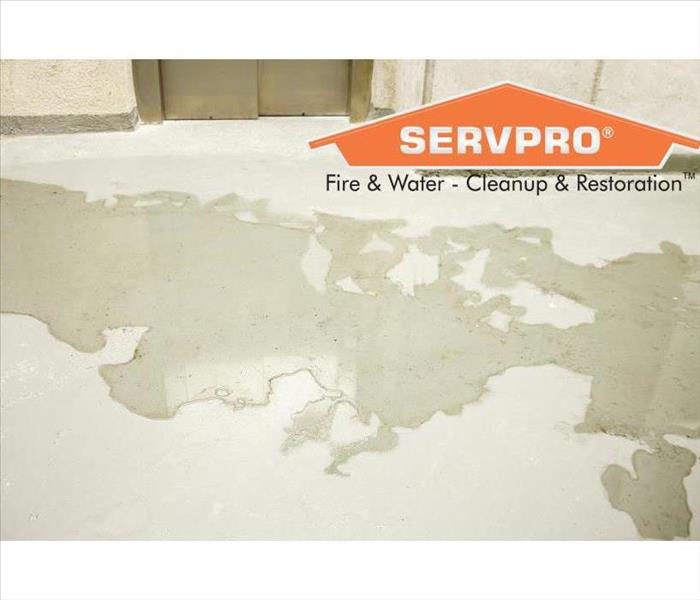How To Deal With Sewage Backups in Your Basement
10/21/2020 (Permalink)
Why A Sewage Backup Might Occur In Your Home
A flooded basement is always a hassle to deal with, regardless of the cause. Cleaning and sanitizing becomes more important than ever when the flood is caused by a sewage backup. Here is some helpful information about why a sewage backup might occur in your home in Morrisville, PA, and how to deal with the aftermath.
1. Why Sewage Backups Happen
When water comes up through sinks and drains in your basement during and after a storm, this indicates a problem with water backing up from the municipal sewer system. Heavy rains overwhelm the combined sewage lines and push water back through the system and up into the home. This can be exacerbated by lines that may already be clogged by things like tree roots, grease, or excess waste.
2. Cleaning Is Vital
The first step after any flood is to extract the water. In the case of a sewage backup, this can be a gross and messy endeavor. Special water pumps and vacuums used by professional storm damage restoration services could be valuable tools in this process. Once everything is throughly dried, including the floors and walls that may have been affected, focus on cleaning and sanitizing everything. A sewage backup in a flooded basement may contain fecal waste, causing a serious health hazard. Sanitize whatever can be cleaned, then discard and replace the rest.
3. Be Proactive
As it's a problem caused by community sewage lines, it's impossible to entirely prevent backups from happening, but there are things you can do to lessen the odds. Install a backflow preventer that stops sewer water from entering the house. Practice regular maintenance of your individual lines and pour a tree root killer down your toilets once a year. The installation of a sump pump may also help in some homes.
Sewage backups from storms are impossible to predict. Do not store valuables where they might be destroyed without warning by a flooded basement.




 24/7 Emergency Service
24/7 Emergency Service
